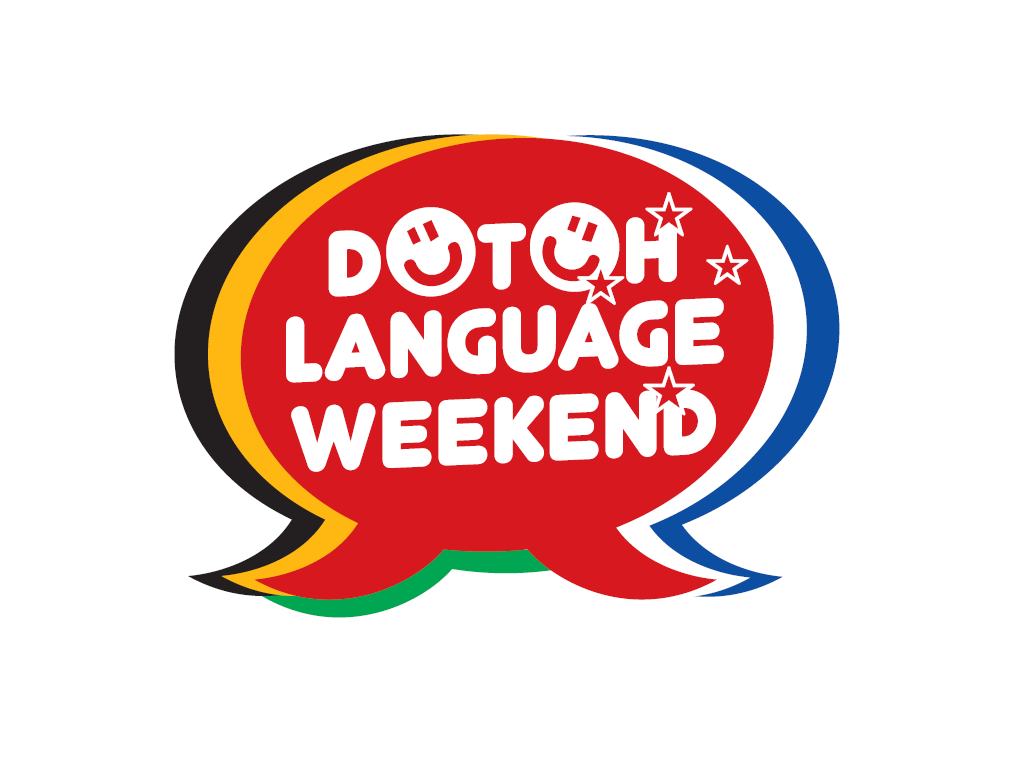Culture and Sports - New Zealand
Dutch Language Weekend
Over 150,000 New Zealanders have heritage tracing back to Dutch-speaking regions. Globally, more than 24 million speak Dutch, mainly in the Netherlands, Belgium, Suriname and the Caribbean. This makes it one of the world’s 40 most spoken languages, and the eighth largest in the EU by native speakers. The Taalunie (Dutch Language Union) promotes Dutch language policy across the Netherlands, Flanders and Suriname, and supports Dutch worldwide.
The Dutch Language Weekend celebrates Dutch as a living link between people, culture and community. It highlights the value of multilingualism and the role of language in shaping identity. By connecting Dutch-speaking New Zealanders and anyone interested in the Dutch language and culture, the initiative helps keep language and heritage alive across generations.
The Dutch Language Weekend revolves around exploring how language shapes who we are and how we connect. It looks at how words and names influence belonging and recognition, how language connects people through shared stories and cultural traditions, and how language loss or reversion can reveal the deep link between language and identity.
The programme offers activities for children, students, families and older generations throughout New Zealand: inclusive, accessible and welcoming to all.
This initiative is supported by the Embassy of the Kingdom of Belgium in Canberra, the Embassy of the Kingdom of the Netherlands in Wellington, the Belgian Honorary Consul in New Zealand, the Federation of New Zealand Netherlands Societies, and New Zealand parliamentarians with an affinity for the Dutch language.
The logo reflects the colours of the flags of countries where Dutch is an official language.
Cultural exchanges between New Zealand and the Netherlands
An estimated 150.000 Kiwi’s with Dutch heritage live in Aotearoa New Zealand. They are crucial to the cultural exchange between our countries. An example of this is the yearly Dutch Week, when Dutch communities organize events all around the country. But the events are not just for Dutch Kiwi’s! Dutch Week highlights the strong ties between the Netherlands and New Zealand and is just one example of cultural exchange.
Even more special is the Māori waka taua (war canoe) named Te Hono Ki Aotearoa, or The Link to New Zealand. The beautiful canoe was carved by the late sir Hector Busby from a 600-year-old Kauri tree. In 2010 this waka was ceremonially gifted as a permanent loan to Wereldmuseum Leiden, the Netherlands Ethnology Museum in Leiden. It is the only waka taua in the Northern Hemisphere, representative of the strong bonds between the Dutch and Māori.
But this beautiful piece of culture does not just belong to the museum! The waka crew from the Royal Students Rowing Association ‘Njord’ of Leiden University, are the caretakers of Te Hono Ki Aotearoa. Each year, Dutch crew members travel to Aotearoa New Zealand to take part in the Waitangi Day waka pageant. During this special ceremonial event these crew members participate in the rowing and enjoy the hospitality of Māori rowers. They live, eat, and drink together and the Dutch crew members learn Te Reo Māori.
In 2025, the crew not only commemorated the Treaty of Waitangi, they also celebrated the 15-year anniversary of Te Hono Ki Aotearoa in Leiden. It is a beautiful tradition and we are very proud to host the waka in the Netherlands. A documentary on the commissioning, making and handover of the ceremonial waka has been made by Dutch-Kiwi filmmaker Jan Bieringo, called: “Te Hono ki Aotearoa”.
While the waka taua brings Māori culture to the Netherlands, if you want to experience some real Dutch culture in New Zealand, you could consider visiting a real Dutch windmill! In Foxton there is a windmill based on traditional Dutch building plans, in Foxton. Here you can find some slice of Dutch culture, including a museum and a shop where you can buy real Dutch treats, in the heart of New Zealand.
Worldcoaches
Football has the power to connect people from around the globe. The Royal Dutch Soccer Federation trains youth around the world to become football coaches in their own community through their WorldCoaches programme. These new coaches inspire and guide children on an athletic and social level.
During the WorldCoaches program in Fiji, which we were proud to sponsor, the focus was on elevating Women's Football Development. 33 coaches were trained, two of which were from Tuvalu, with a focus on training young girls at a grassroots level.
The goal of the project was to train in these coaches, realizing a sustainable change for women and girls who play football in Fiji. The project ended with over 100 participants in a girl's football festival.




